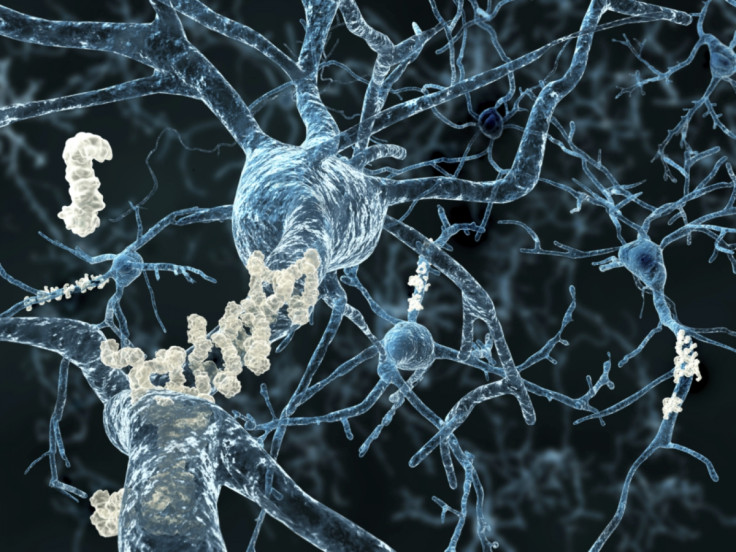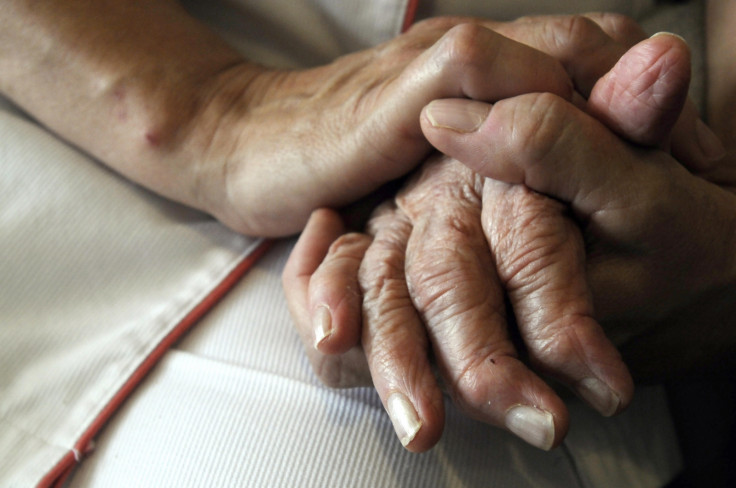Alzheimer's: Brain implant helps form new memories by bypassing damaged hippocampus

A brain implant has been developed that allows new memories to be formed, which could be used to treat Alzheimer's patients unable to do this. The prosthesis has a small array of electrodes that allow memories to bypass the damaged hippocampus in order for short-term memories to be turned into long-term memories.
The implant, which builds on decades of research, has performed well in mice studies and is now being evaluated in human epilepsy patients. Researchers from the University of Southern California and the Wake Forest Baptist Medical Center announced their results at the 37th Annual International Conference of the IEEE Engineering in Medicine and Biology Society in Milan, Italy.
In healthy brains, memories are formed by signals travelling through multiple regions of the hippocampus. At each stage it is re-encoded until it reaches the final region before being sent for long-term storage. If this region of the brain is damaged – as can happen with Alzheimer's disease – people can be unable to form new memories, despite being able to recall events from decades earlier.
The scientists have now found a way to mimic how a memory is translated from short-term to long-term memory, with the implant bypassing the damaged hippocampal section and moving onto the next region, where it can be translated into a long-term memory.

Researchers tested the model on epilepsy patients, who already had electrodes implanted into their hippocampi to treat seizures. They read the electrical signals created during memory formation at two regions, then used this information to construct a model of memory formation. Over the course of hundreds of trials with nine patients, the algorithm successfully predicted how the signals would be translated around 90% of the time.
"Being able to predict neural signals with the USC model suggests that it can be used to design a device to support or replace the function of a damaged part of the brain," scientist Robert Hampson said.
Clare Walton, research manager at Alzheimer's Society, said the device has the potential to help people with the disease form new memories, even after their hippocampus became damaged: "Although this sounds like the stuff of science fiction stories, the researchers are addressing a major problem for people with Alzheimer's disease and other forms of dementia − the ability to lay down new memories. The practical upshot of this is that people may have clear memories of events from their childhood but can't remember the details of what took place yesterday.
"A prosthetic memory device is a very exciting prospect, but it has taken decades of research to get this far and there are still many unknowns that need to be worked out by the scientists. It's encouraging to see these cutting edge technologies being applied to help people affected by memory loss, but this isn't something that people with dementia can expect to be readily available in the next decade...however it will not cure or slow down the progression of the condition."
© Copyright IBTimes 2025. All rights reserved.




















